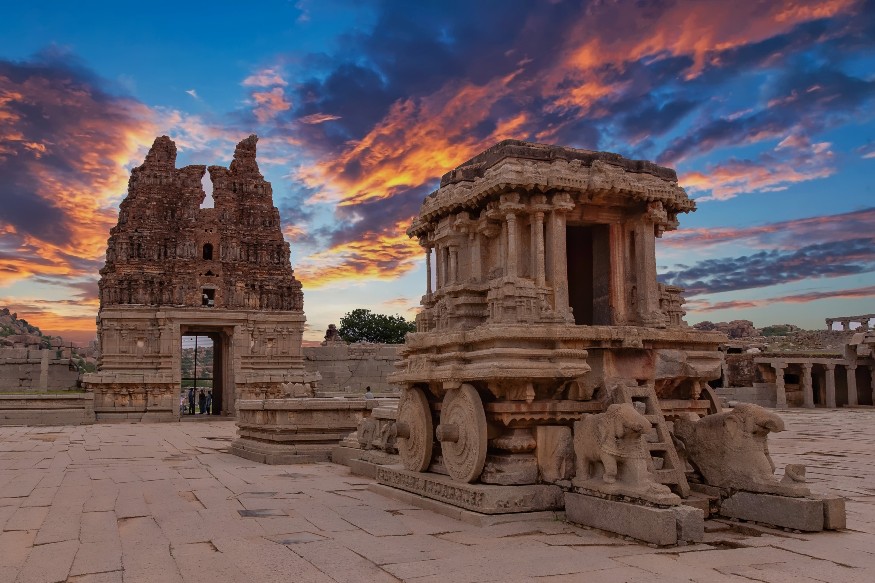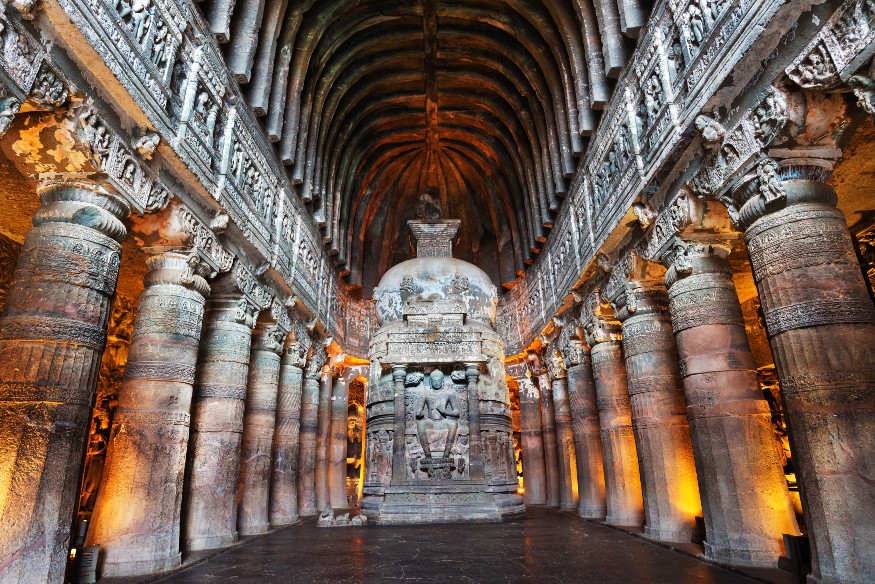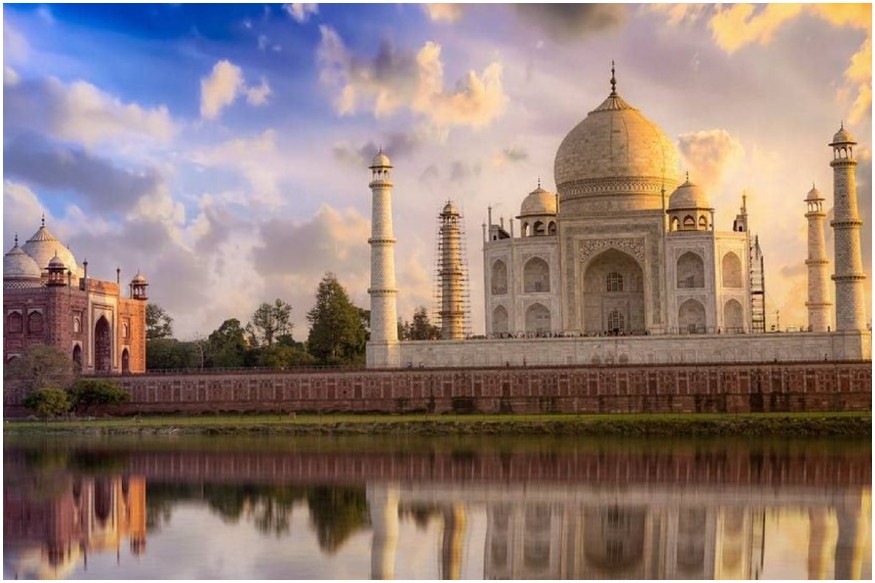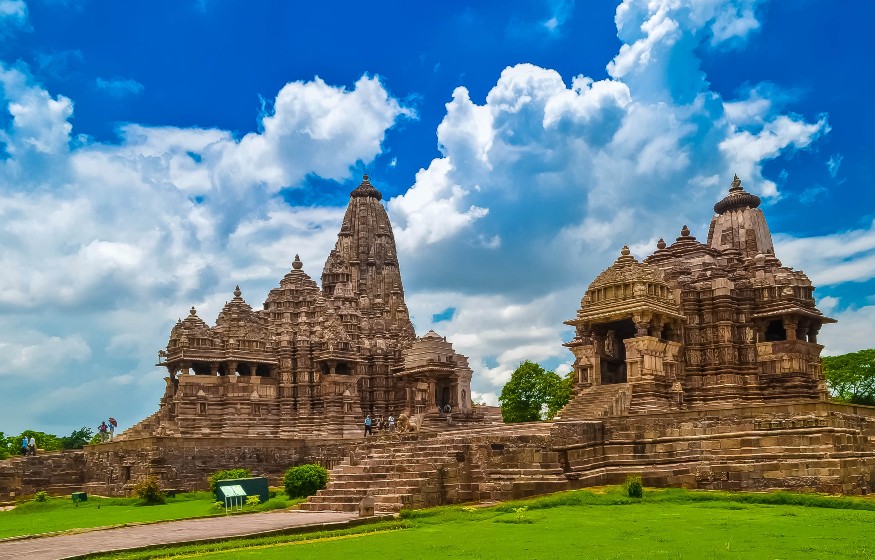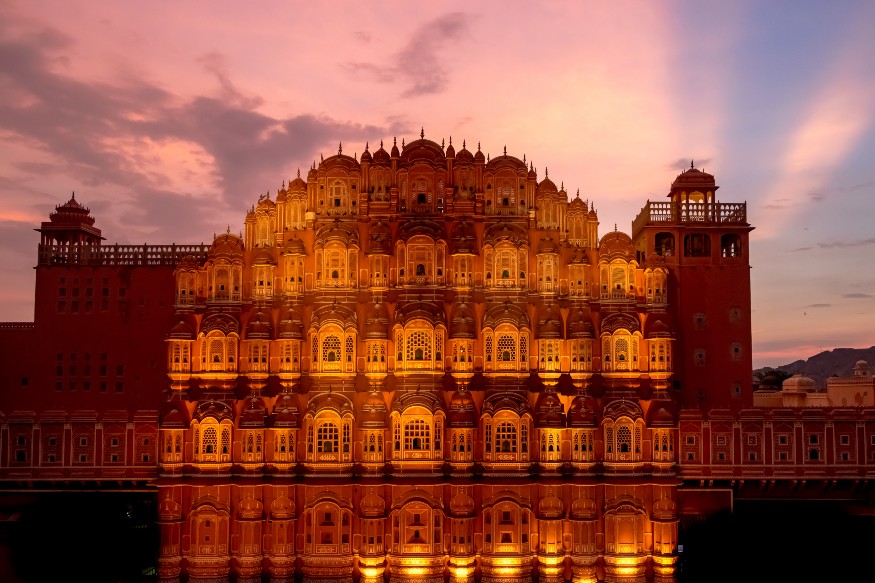[ad_1]
Published By: Nibandh Vinod
Last Updated:

World Heritage Day 2024 theme is Discover and Experience Diversity. (Images: Shutterstock)
World Heritage Day 2024: Across the world, there are countless remarkable sites and monuments, many of which beautifully show the specific countries’ culture.
World Heritage Day, also known as International Day for Monuments and Sites (IDMS), is celebrated annually on April 18 to honour and preserve our heritage. Ancient monuments and buildings are global treasures. They require proper nurturing to last for years. Across the world, there are countless remarkable sites and monuments, many of which beautifully show the specific countries’ culture. World Heritage Day brings together individuals, organisations, societies and governments to unite to raise awareness about the importance of historical sites and to promote their protection. In this article, we’ll explore the history, significance, and top five Indian heritage sites.
World Heritage Day 2024 Theme
The theme for World Heritage Day 2024 is ‘Discover and Experience Diversity.’ This theme highlights the richness of our history. It also reminds us to explore and appreciate the unique heritage of different communities.
Top 5 Heritage Sites in India
Hampi
Hampi was the last capital of the Vijayanagara Empire. The wealthy rulers constructed numerous magnificent temples and palaces that garnered admiration from ancient travellers. However, in 1565, the city was ruled by the Deccan Muslim confederacy group and was left abandoned.
Ajanta Caves
The earliest Buddhist cave monuments at Ajanta were created during the 2nd and 1st centuries B.C. The paintings and sculptures found at Ajanta are regarded as masterpieces and have had a significant impact on artistry.
Taj Mahal
Constructed between 1631 and 1648 in Agra by Mughal emperor Shah Jahan, the monument is entirely made of white marble. It was built in the memory of the emperor’s beloved wife.
Khajuraho
The temples of Khajuraho were constructed during the Chandela dynasty’s rule between 950 and 1050. Presently, only around 20 temples are standing tall, representing Hinduism and Jainism.
Jaipur City
Founded in 1727 by Sawai Jai Singh II, Jaipur is known for its unique urban planning, inspired by Vedic architecture. While others were built on hills, the pink city was built on plain lands. To this date, locals have preserved its rich history.
World Heritage Day: History
World Heritage Day, also known as The International Day for Monuments and Sites, was established in 1982 by the International Council for Monuments and Sites (ICOMOS).
The United Nations Educational, Scientific, and Cultural Organization approved the date during their 22nd general conference in 1983. Every year, ICOMOS brings together experts from various fields like architects, engineers, geographers, civil engineers, artists and archaeologists. These professionals collaborate to ensure that some of the world’s beautiful sites and important monuments are preserved for future generations.
Since its inception, ICOMOS has welcomed nearly 10,000 members from over 150 countries worldwide. In 2023, two new Indian sites, Sacred Ensembles of the Hoysalas and Santiniketan, were added to the list.
World Heritage Day: Significance
World Heritage Day is celebrated to encourage local communities to recognise the importance of keeping our cultural heritage safe. Various events bring together people from different regions and backgrounds, which allows them to share information about their history and traditions. ICOMOS also celebrates the day by collaborating with UNESCO worldwide, attracting travel and history lovers to such events.
[ad_2]
Source link
